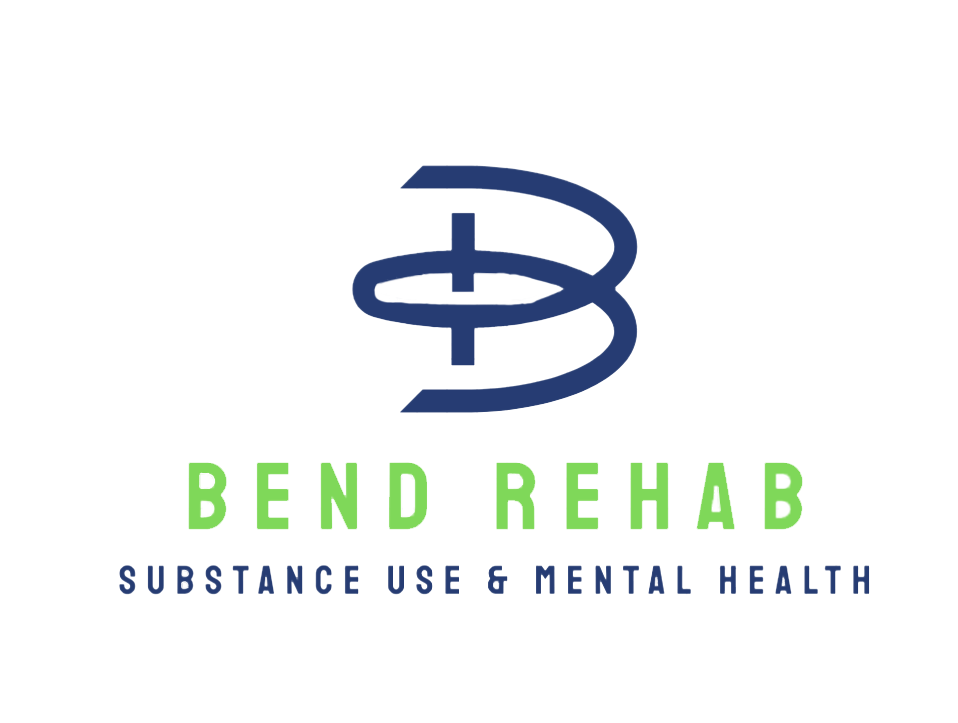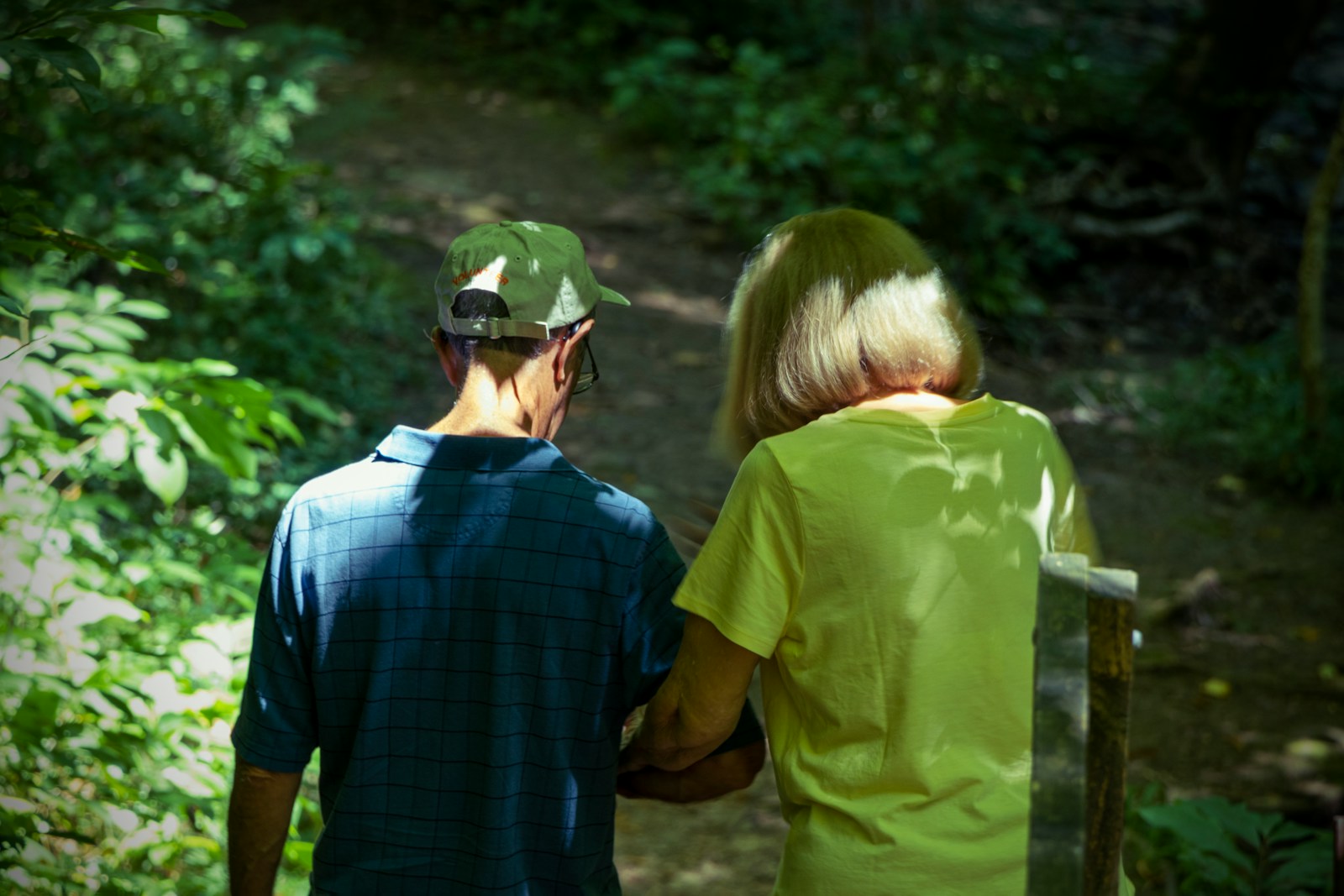What is Mentoring Program?
The Mentoring Program in Bend is designed to connect individuals seeking personal and professional growth with experienced mentors from a variety of fields. This innovative program focuses on fostering relationships that empower mentees to achieve their goals, enhance their skills, and expand their networks. Participants in the program can expect to be matched with mentors who not only share their professional interests but also align with their personal growth objectives.
The program operates through a structured yet flexible framework, allowing both mentors and mentees to benefit from the relationship. It includes regular one-on-one meetings, goal-setting sessions, and access to exclusive workshops and networking events. Whether you’re looking to advance in your current career, pivot to a new field, or develop leadership qualities, the Mentoring Program in Bend offers invaluable resources and support.
In addition to individual mentorship, the program emphasizes community building among participants. This creates a nurturing environment where everyone can learn from each other’s experiences, challenges, and successes. By joining the Mentoring Program in Bend, you become part of a supportive network committed to mutual growth and development.
How a Mentoring Program Helps Substance Use
In the picturesque town of Bend, a transformative initiative is reshaping the lives of individuals grappling with substance use disorders. The mentoring program, rooted in compassion and understanding, offers more than just a path to recovery; it provides a beacon of hope amid the darkness of addiction.
At its core, the program pairs individuals seeking to overcome their struggles with substance use with mentors who have walked a similar path and emerged victorious. This peer-to-peer support system is instrumental in fostering a sense of belonging and understanding that is often missing in traditional rehabilitation settings. Mentors serve not only as guides but also as living proof that recovery is achievable, offering invaluable insights and practical advice drawn from their personal experiences.
By harnessing the power of empathy and shared experiences, our mentoring program in Bend is not just helping individuals recover from substance use; it’s empowering them to rebuild their lives on foundations of hope, resilience, and community solidarity.
How a Mentoring Program Helps Mental Health
In the picturesque city of Bend, nestled among the towering pines and majestic landscapes of Central Oregon, a transformative mentoring program is making waves in the field of mental health. This innovative initiative, designed with the community’s well-being at heart, offers a beacon of hope and support for individuals navigating the complexities of mental health challenges.
At its core, the mentoring program in Bend is built on the principle that human connection and understanding form the foundation of mental health recovery. By pairing participants with experienced mentors who have navigated their own mental health journeys, the program fosters an environment of empathy, trust, and mutual respect. This unique approach not only demystifies mental health issues but also empowers individuals by showing them they are not alone in their struggles.
Bend’s mentoring program illuminates a path forward for individuals facing mental health challenges. By cultivating a community where experiences are shared openly and vulnerabilities met with compassion—the program underscores the profound impact that mentorship can have on mental health recovery. It serves as a powerful reminder that through connection and understanding we can overcome even our most daunting obstacles together.

Experience Expert Therapy
We provide a range of therapy options to address diverse needs, ensuring everyone receives the care and support they deserve. Our one-on-one therapy sessions offer personalized attention, allowing clients to work closely with a therapist to address their specific challenges, set goals, and pursue personal growth. For those who benefit from shared experiences, our group therapy sessions create a supportive environment to connect with others facing similar struggles, fostering understanding and encouragement. Additionally, we integrate innovative therapies that engage both mind and body, such as cognitive behavioral therapy (CBT) and dialectical behavioral therapy (DBT), offering new pathways for healing and self-expression.

Our Mission
Our Bend Rehab Mission
At Bend Rehab, we focus on more than just addressing addiction symptoms—we strive to heal the entire person, including their mind, body, and spirit. Our holistic approach to addiction treatment makes us stand out among rehabs in Oregon.
FAQ
We've compiled a list of frequently asked questions to provide clarity on the experience and alleviate any remaining fears or anxieties you might have.
A day in addiction rehab is designed to provide a structured and supportive environment focused on physical, mental, and emotional recovery. Mornings typically start early with a healthy breakfast, followed by a schedule of therapy sessions, group activities, and workshops aimed at addressing the underlying causes of addiction. These may include one-on-one counseling, group and family therapy, fitness classes, educational sessions, and recreational activities. Throughout the day, individuals are provided with nutritious meals, time for relaxation, and opportunities for personal growth through journaling or meditation. Evenings often feature peer support meetings or 12-step programs before winding down for the night. Each day is thoughtfully organized to promote a holistic approach to recovery and help individuals build healthier habits and coping strategies.
A detox period generally lasts about five days but can range from three to 10 days. The length of detox varies depending on factors such as the type of substances used, the amount and frequency of use, the duration of use, and the method of administration. These factors help determine the appropriate length of detox for you or your loved one.
When entering addiction treatment, certain items are recommended to support your comfort and well-being. These can include comfortable clothing, personal hygiene products, properly documented prescription medications, and journals or books for reflection. However, some items are prohibited in treatment facilities, such as drugs, alcohol, weapons, or anything that could disrupt the recovery process. It's important to check with your chosen facility beforehand for a detailed list of allowed and restricted items to ensure a smooth transition into treatment.
At Drug Abuse and Addiction, we recognize the strong connection between addiction and mental health challenges. That’s why our treatment centers focus on addressing both addiction and the underlying mental health issues that often accompany it. Our experienced team provides care for conditions such as depression, anxiety, PTSD, and more, taking a holistic approach to recovery that meets both physical and mental health needs. Our admissions team works to match you with the right facility offering comprehensive care tailored to your unique situation. We’re here to guide and support you on your journey to lasting sobriety and better mental health.
Our admissions team at Drug Abuse and Addiction is here to guide you in finding the right treatment center to meet your needs. Choosing a rehab center can feel overwhelming, but we are here to make the process easier. Our compassionate and experienced team understands the complexities of addiction and the importance of personalized care. We take into account your unique circumstances, preferences, and any co-occurring conditions to connect you with a facility that provides customized support. You don’t have to navigate this journey alone – we’re here to support you every step of the way toward lasting recovery.
Seeing someone you care about struggle with addiction can be incredibly difficult and overwhelming. You may feel unsure about how to help them, but the journey starts with an open and honest conversation. Share your concerns, offer your support, and encourage them to seek professional help, while also setting clear boundaries. Researching treatment options and having resources ready can also make a big difference.
It's important to stay patient, understanding, and supportive throughout this process—recovery is a journey that takes time. With the right support and approach, your loved one can work towards a healthier, addiction-free life. Don’t hesitate to reach out to our team at Drug Abuse and Addiction for guidance. We’re here to assist you and your loved one every step of the way on the road to recovery.
No matter how committed you are to your recovery journey or maintaining lifelong sobriety, the risk of relapse is always present. According to the National Institute on Drug Abuse, relapse rates during recovery fall between 40% and 60%. Experiencing a relapse can bring feelings of shame or regret, and you might even consider giving up rather than continuing to fight against the urge to use. While these emotions are natural, they can hinder your path to a drug-free life. Instead, treat relapse as a chance to learn and grow—refine your prevention plan, identify triggers, and understand the reasons behind the setback. This approach can help you rebuild a stronger foundation for recovery.
The first step is determining whether returning to rehab is necessary. If the relapse was an isolated incident and you’re committed to reviewing and adjusting your recovery plan, inpatient treatment might not be required. Inpatient facilities offer hands-on care and consistent monitoring, but if substance use has become a pattern again, it may be essential to reenter a structured program. Warning signs like conversations about substance use, spending time with people who encourage drinking, or using substances to cope suggest a deeper issue that requires immediate attention.
If you do return to treatment after a relapse, the focus should be on successfully transitioning back into daily life. Spending a few months in a sober living environment can be invaluable, as it provides structure and accountability during the critical early stages of recovery. Additionally, setting up an outpatient therapy plan for continued support after rehab can further reduce the risk of relapse.
Begin your journey to recovery and mental wellness today with us at Bend Rehab, where compassionate support and personalized treatment plans pave the way for a healthier, happier you.

Verify Your Insurance With Us
Freeing yourself from Addiction doesn't have to be hard. Take the first Step and begin filling out the form, it's the initial phase in achieving a healthy recovery. We offer the necessary guidance and professional care crucial during the early treatment stages.






